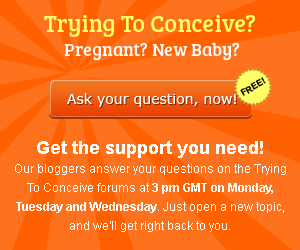Just like there are many methods available to women to help increase the chances of pregnancy, there are quite a few techniques that can be used to avoid conceiving as well. Natural Family Planning, NFP, is one such method. Natural Family Planning is the only contraceptive method that is approved by the Catholic Church, and it refers to periodic abstinence to avoid getting pregnant. How does it work, and when does the Vatican say this method is justified?
As all of you who have been charting to conceive, or using ovulation tests, know, women ovulate only once in their menstrual cycle, and ovulation tends to turn up roughly 14 days before the onset of menstruation is expected. Those who participate in Natural Family Planning use this fact to avoid having intercourse during their perceived most fertile days. Women are not able to conceive if they are abstinent in the first half of their cycles, during pregnancy, while they are breastfeeding (more about this in birth control after pregnancy), or after the menopause. NFP users use this knowledge to prevent pregnancy.
The Catholic Church agrees that sexual intercourse can be more than a means of creating new life, and that it serves its purpose in bringing married couples closer together. While they still maintain that sex is primarily for procreation, they also accept that married partners will have intercourse for reasons other than to get pregnant. So, when is NFP acceptable? Apparently, when there are serious circumstances that would make pregnancy undesirable at certain times. I guess that could refer to illness, job loss, housing difficulties, or financial troubles of some other kind.
The Vatican maintains that NFP should not be used in the long-term, and that artificial contraception methods like the pill, condoms, or a coil are not acceptable. Natural Family Planning used during times when the woman is not pregnant, breastfeeding, or post-menopausal can rely on symptoms like changing cervical mucus or basal body temperature, or they can rely on arbitrary dates that assume women wont get pregnant in the second half of her cycle, during the luteal phase.

